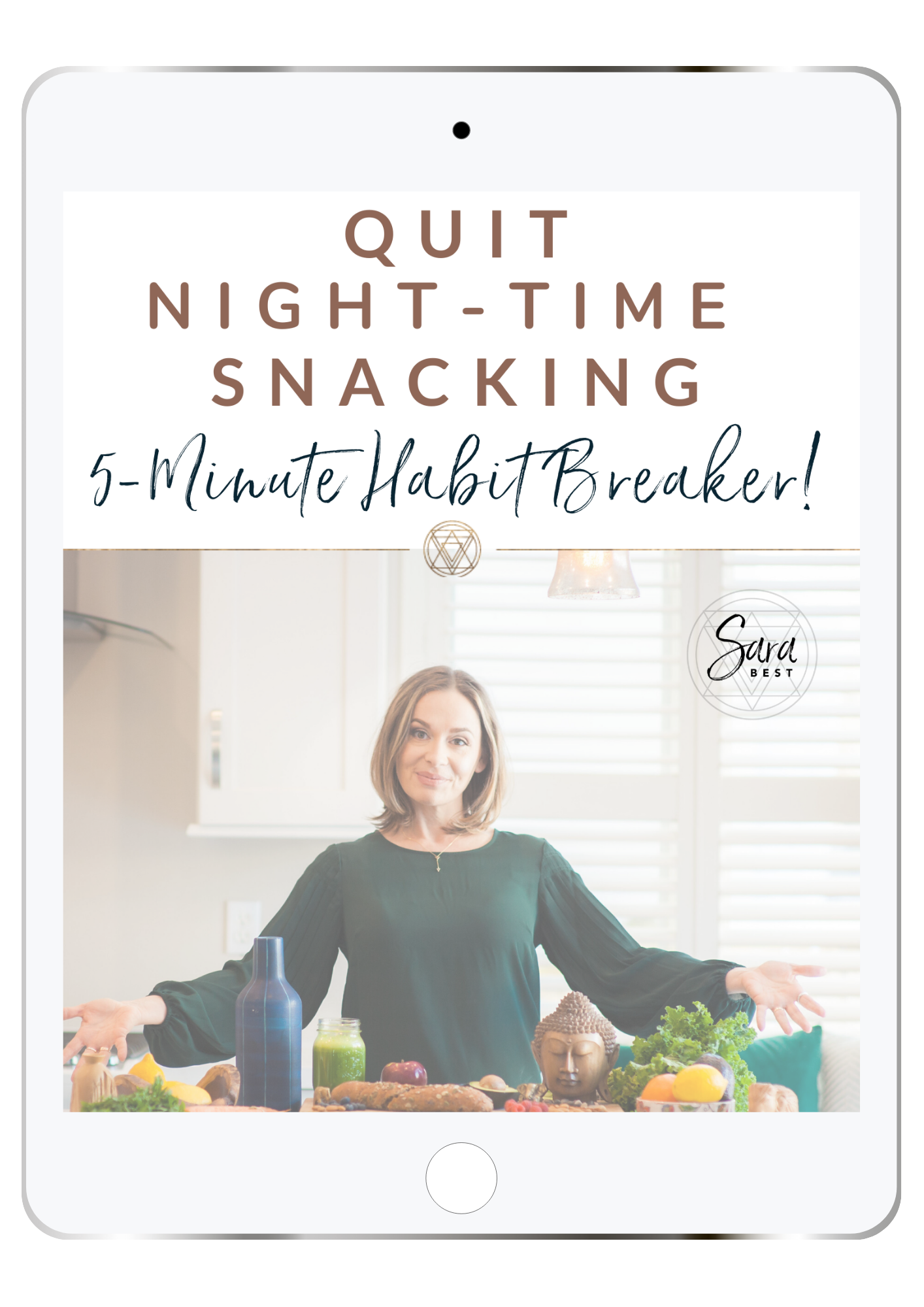
“My husband won’t stop bringing chips and cookies home.”
“It hurts my mother’s feelings if I don’t eat everything she makes for family dinners on Sunday.”
“My co-workers bring donuts and cookies into the office all the time.”
These are things I hear almost every day in emails and messages from people who follow my work.
The truth is that none of us are making lifestyle changes in a vacuum. You have people in your life that will be affected by the changes you want to make – there’s no way around that. And how those people respond to what you’re doing could have an enormous impact – either positive or negative – on your ultimate success.
Whether it’s your husband, mother, kids or co-workers, it’s really important that we communicate with them directly and clearly.
Here are some suggestions to think about when having these (sometimes tricky) conversations in a way that will hopefully lead to less push-back and more support.
Explain exactly what you’re doing and why
It is a universal truth that, in the absence of information, people will make something up and it will usually be their worst-case scenario. This means that if you’re not clear with the people in your life about what you’re doing, they’re going to assume the worst and react accordingly.
They may assume that you’re going to be eating nothing but broccoli and brown rice for the next six months and expecting them to do the same.
They may assume that doing fun things with you like going out for dinner or sharing popcorn at the movies will never happen again.
They may assume that you’re going to change too much and no longer want to be with them.
These worst-case assumptions all trigger fear and fear tends to cause people to lash out or be openly or passively unsupportive. The best way to prevent this is to be fully open and transparent about exactly what you’re doing, what might change, what will not change and how much you want them to be an important part of this journey you’re on.
Once you’ve explained yourself, ask them what worries or reservations they might have about anything you’ve said (this is your turn to really listen to them) and decide together on how those can be addressed.
Ask for help and support and be specific about what you need and don’t need
We want the people in our lives to be helpful and supportive but we sometimes make the mistake of assuming that they already know what that looks like, and this isn’t always the case.
Sometimes our loved ones really do want to help, but they have no idea how to do that. It’s our job to first ask for help and support and then be super specific about what that means. What do you actually want them to do – or not do? They can’t read your mind.
For example, you might want them to be open to trying a few new foods with you, or you might want them to cook one or two healthy meals a week or help with some simple meal prep (e.g. cleaning and chopping vegetables on the weekend) to help set you up for success.
You might want them to not bring home certain foods that are triggers for you (be specific).
You might also want them to stop saying certain things that they might think are helpful but are actually not. For example, while comments like, “But you don’t need to lose weight, I love you just the way you are! Why are you wasting your time with this?” are lovely, they don’t feel super supportive of the direction you’re trying to move in. This is a great opportunity to repeat your true intentions with the changes you’re making and why you want to make them. If weight loss is your goal, explain to them why you want to lose the weight.

Get them involved
Very often we want to avoid burdening anyone else with the lifestyle change we’re making so we try to do it all in a way that impacts them as little as possible. Maybe we make lasagna for the family and then sit and eat salad on our own after they’re done. This doesn’t feel good for anyone and, as a result, is not sustainable.
Instead, think about how you can get the people in your life involved in what you’re doing.
Tell them that you’d love their help and input on planning and preparing meals. Sit down together with a stack of healthy cookbooks or some of your favourite online recipe sites and pick some meals that you can all be excited about trying.
Work together to find recipes that offer healthier versions of the “junk” foods that they might love.
Seek out new restaurants together that offer healthier options.
Ask for their help in the kitchen.
The more you can make this an adventure that you’re all excited about, the better an environment you’ll be creating to support your own long-term success.
Let them have their own journey
I know that when we love people it can be very hard to watch them hurt themselves with unhealthy choices over and over again. We worry about them. We want to help. We want them to do what we’re doing and care about what we care about. But the truth is that, regardless of how much we love them, unless they’re young children, what they’re doing is really none of our business.
This might mean that they never come around to your way of thinking and never make the changes necessary to improve their health. And you’ve got to be okay with that.
All you can do is be open and honest about what you’re doing, lead by example, let them know that you want to do this with them and then love them unconditionally no matter what they choose.
Remember that no one can make you feel anything
Sometimes, even after we talk openly and honestly, ask for help and try to get the people we love involved in what we’re doing, the truth is that they’re just not ready. Unfortunately you might still find certain people in your life to be unhelpful, unsupportive – maybe even outright hostile and determined to sabotage you.
This is a time for you to set clear boundaries with that person and to protect those boundaries fiercely.
It’s also a time for you to remember that no one can make you feel anything that you don’t allow yourself to feel. Part of setting boundaries is deciding for yourself how far you’re going to allow other people’s opinions and behaviors to affect your experience and your choices. That’s a decision that YOU get to make – not them.





I REALLY needed to read this. Over and over. Going to use these tools. So helpful without all the anger and resentment towards the people in your life. Love this. Love the insight. Thank you again.
Thank you for the “ let them have their own journey “ I’m watching my grandson while my daughter is out of town on business & he is very very overweight her house is full of junk food chips cookies crackers ice cream & she also has a weight problem she had a bypass surgery last year but is still very heavy I just want to scream at her but I know it would do no good thank you again that I’m responsible for my side of the street